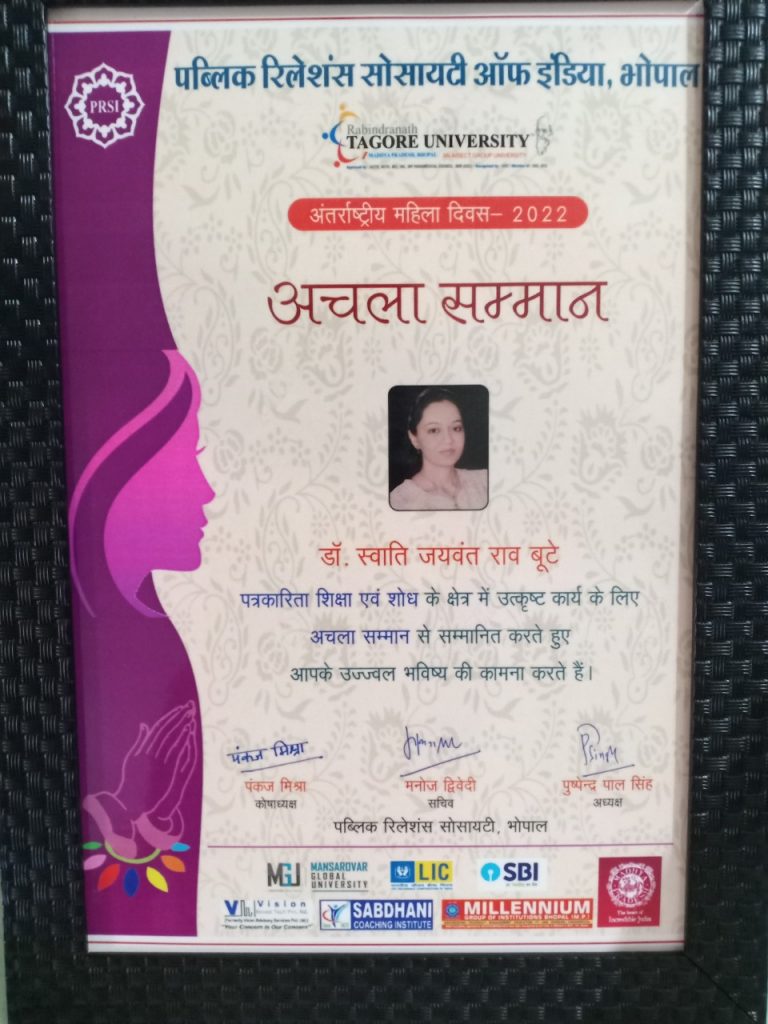In early March of last year, when Covid-19 was a new word in our collective dictionary, and the pandemic was yet to lock us indoors, Param Singh was five months into his swanky job in a firm in Hong Kong. Riding high on the successful completion of his foreign MBA degree and the resultant rise in pay scale, this unattached 28-year-old had everything going for him. However, as things continually worsened in China, and then Italy, international borders began closing up. Singh’s family coerced him to return home to Delhi, afraid of him being alone on foreign shores if something were to happen. After much resistance, he caved in to family pressure, quit his job—no work from home (WFH) option had yet been offered—and moved back to India.
For the next eight months, he sat at home battling feelings of anxiety, while searching for a job worthy of his qualifications. In late 2020, he found one in a multinational corporation based in Gurugram, and happily reported to office on the first day, despite the two-hour commute from his residence and the flexible WFH option given to employees.
For Singh, a millennial who had witnessed both demanding work hours and the malaise of sitting at home, this elusive work-life balance could only be achieved through strictly demarcated office timings. “Honestly, except during the second wave, I have gone into the office every single day, even though it was optional. I was so ready to go back to work! At home, work hours became a grey area. There is no black and white—it is a constant overlap between work and private life. I believe I’m also much more productive when working in the office,” he explains.
A recent report titled ‘The New Sense of Place’ released by Script, a Godrej & Boyce venture, states that 67 percent of Indians respond to work messages while at home under normal circumstances, on a daily basis. Mumbai tops the list with 85 percent respondents admitting this, followed by Kolkata (65 percent), Delhi (60 percent), and Bengaluru (59 percent). The report further highlights that when working from home, personal and professional activities are often undertaken simultaneously due to sheer lack of time. Forty-seven percent of respondents plan their menu, 48 percent help their kids with homework, and 54 percent research their next career move, while attending work meetings virtually. Is it any wonder that personal and professional lives no longer have distinctive boundaries?
What is Work-Life Balance?
Dictionary.com defines work-life balance as ‘a situation in which one divides or balances one’s time between work and activities outside of work.’ Though there is no ideal definition or standard means to describe the concept, simply put, it is the encroachment of job-related activities on an individual’s personal hours. Before the advent of technology, this balance was somewhat easier to achieve, as one could leave most of their work in the office.
Unfortunately, when people began working from home, it blurred these lines indelibly. An excessive reliance on digital mediums of communication made employers and clients expect workers to be ever-present to answer a query or carry out a task. Microsoft’s Work Trend Index Report, released last year, shows that post-pandemic, India had the longest workday span of all surveyed markets. The report recorded one-third Indian workers citing an increased rate of burnout in the past six months, where 34 percent of people surveyed complained about the lack of separation between work and life, and 28 percent about the unmanageable workload and unreasonable working hours.
Disgruntled employees are not the only ones attempting to find work-life balance. Aggrieved employers lamenting the loss of efficiency and productivity at work are as invested in creating a work environment—remotely or in the office—that is most conducive to achieving this balance. “An overt sense of competitiveness, time urgency, and tendency toward workaholism lead to imbalance in the spheres of work and personal life. They feel these traits are beneficial for career success and in the process they generally expose themselves to the risk of being unhappy and eventually burning out. A habit of reflecting on one’s expectations from life would help in constant resetting of one’s need,” says Dr Shailaja Shastri, mental health counsellor and Dean of Faculty of Liberal Arts and Humanities at Jagran Lakecity University, Bhopal.
The WHO estimates that poor mental health costs the global economy $1 trillion annually in lost productivity. “Managing an isolated workforce is a real challenge for human resource leaders. The surge in mental health issues, employee burnout, and over-the-top disengagement are some of the major issues that the new normal has brought in,” explains Ajay Kadyan, Co-founder of Zimyo, an HR tech startup that offers robust solutions for organisations to drive engagement and productivity in their employees.
Read more at New Indian Express






